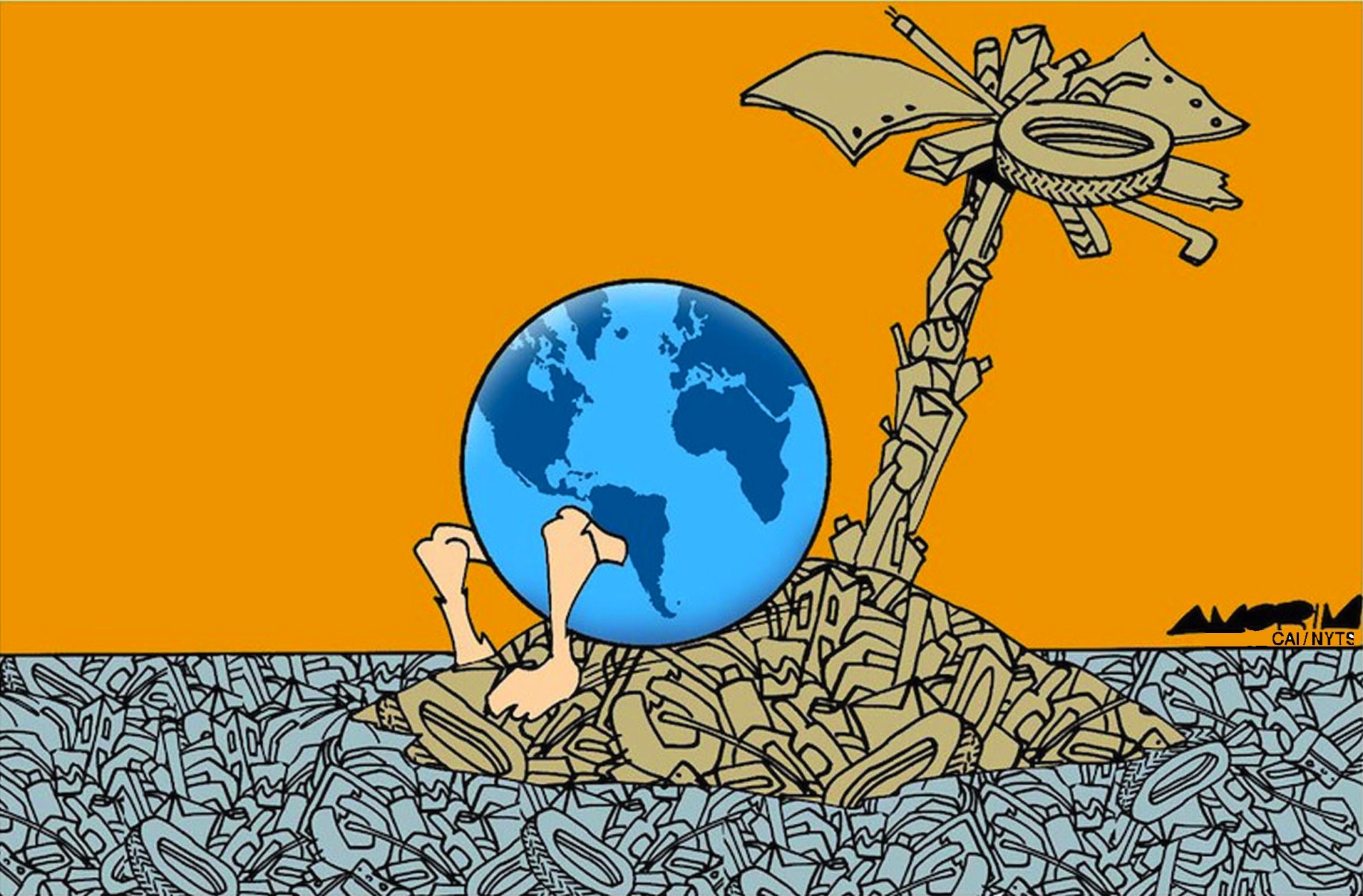Pollution is one of the great existential challenges of the 21st century. It threatens the stability of ecosystems, undermines economic development and compromises the health of billions of people. Yet it is often overlooked, whether in countries' growth strategies or in foreign aid budgets, like those of the European Commission and the U.S. Agency for International Development. As a result, the threat continues to grow.
The first step toward mobilizing the resources, leadership and civic engagement needed to minimize the pollution threat is to raise awareness of its true scale. That is why we formed the Lancet Commission on pollution and health: to marshal comprehensive data on pollution's health effects, estimate its economic costs, pinpoint its links to poverty and propose concrete approaches to addressing it.
Last October, we published a report that does just that. We found that pollution is responsible for 9 million deaths per year, or 16 percent of all deaths globally. That is three times more than AIDS, tuberculosis and malaria combined, and 15 times more than all wars, terrorism and other forms of violence. In the most severely affected countries, pollution is responsible for more than one in four deaths.



















With your current subscription plan you can comment on stories. However, before writing your first comment, please create a display name in the Profile section of your subscriber account page.